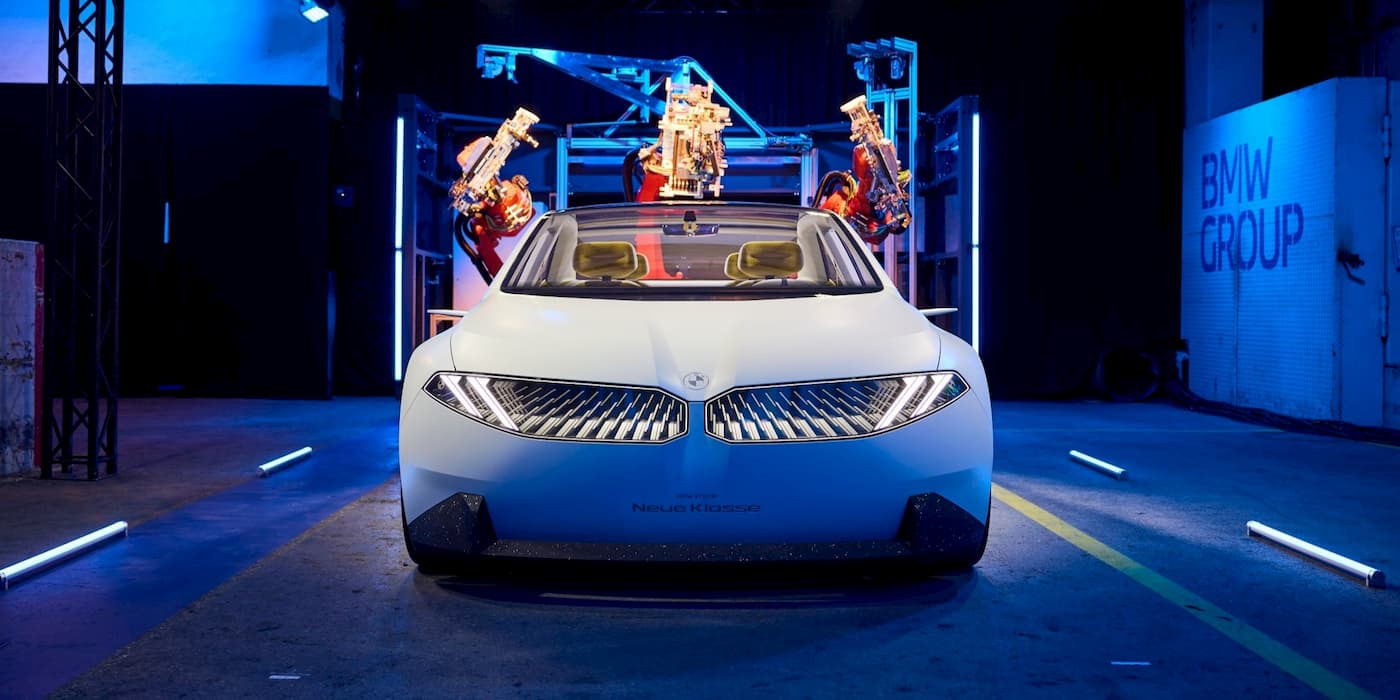
Germany is Europe’s biggest auto market, and it’s been one of the main drivers of EV growth. But now that is expected to change course, as EV sales are projected to drop – by 14% – for the first time in eight years.
Germany’s VDA, an interest group for the country’s automobile industry, says that battery-powered vehicles are likely to see a decline from 524,000 units last year – more than any other European market – to 451,000 units this year. Considering Germany is aiming to have 15 million BEVs on the road by 2030, that number is moving in the wrong direction.
It’s due to a number of factors – primarily because Germany pulled the plug on its EV subsidy program in December, a full year earlier than expected. Add inflation, rising car prices, and “sub-par charging infrastructure,” as Automotive News Europe describes, into the mix, and it’s inevitable that sales will drop.
According to Automotive News Europe, manufacturers are pushing back rollouts of EVs, and rental firms are “paring purchases for their fleets.”
Still, even after the subsidy loss, automakers like Tesla, VW, Audi, Stellantis, and Mercedes-Benz have jumped in to compensate for it, at least for a little while.
Renault announced Monday its plan to delay the IPO of its EV startup Ampere, citing slow demand and difficult market conditions as the rationale. Bloomberg reported, too, that Volkswagen is doing the same with its EV business, with sources telling Bloomberg that VW is pushing back its IPO plans for its battery unit.
Still, the decline isn’t all that shocking: Germany’s passenger car market, VDA expects it to shrink by 1% to 2.82 million this year. But that’s part of a downward trend that has been happening since the pandemic, according to VDA.
According to VDA estimates, the global market should see a 2% growth to 77.4 million cars, compared to the 78.8 million pre-pandemic. It forecasts the global market to grow by 2% to 77.4 million cars.
Germany is expected to produce 1.45 million EVs this year, but much of that output will be exported, the report said. After China, Germany is the world’s second-largest passenger car BEV producer – but considering China produced 6.6 million BEVs in 2023 to Germany’s 1.2 million, that’s a pretty big gap.
Top comment by Jake Fuchs
Germany has fantastic charging infrastructure. Two years ago I rented a standard range Model 3 from Hertz for two weeks and drove all over Germany with no problems. Even little hamlets in Bavaria had at least one level 2 charger. The charging infrastructure has only gotten better since then. If there’s a slowdown in EV adoption, I would attribute it to macroeconomic factors as well as misinformation and lobbying against EV’s, not realistic problems with the vehicles or the ownership experience.
For comparison, the US produced 1.1 million EVs last year, according to data from VDA and S&P Global Mobility.
Electrek’s Take
The caveat here, too, is that VDA is a lobbyist group for German automakers, powered by stalwarts BMW, Volkswagen, and Mercedes, which are in a tight position as they struggle to adapt to EVs and keep pace with China’s BYD and Tesla. Plus Porsche’s CFO Lutz Meschke said that Europe may push back its 2035 ban on ICE vehicles due to slowing EV demand – so that’s not comforting news of what might be brewing.
Jobs – the good-paying kind with benefits and protections – are on the line too: Volkswagen said it would cut thousands of jobs in Germany to slash $11 billion in costs, and German EV suppliers are cutting jobs, with one of the country’s largest suppliers saying it might slash 20% of its workforce due to low demand.
But peaks and valleys are par for the course in the auto industry, and EVs certainly aren’t immune to this. Still, European automakers are drumming up new models to stay in the game. For its part, BMW says it is now investing $711 million (€650 million) to convert its main factory in Munich to exclusively produce electric vehicles by the end of 2027, in hopes of pushing its next-gen Neue Klasse EVs forward. The automaker says it hit its target of 15% share of battery-electric vehicles – and expects to sell half a million BEVs in 2024.
FTC: We use income earning auto affiliate links. More.

Comments